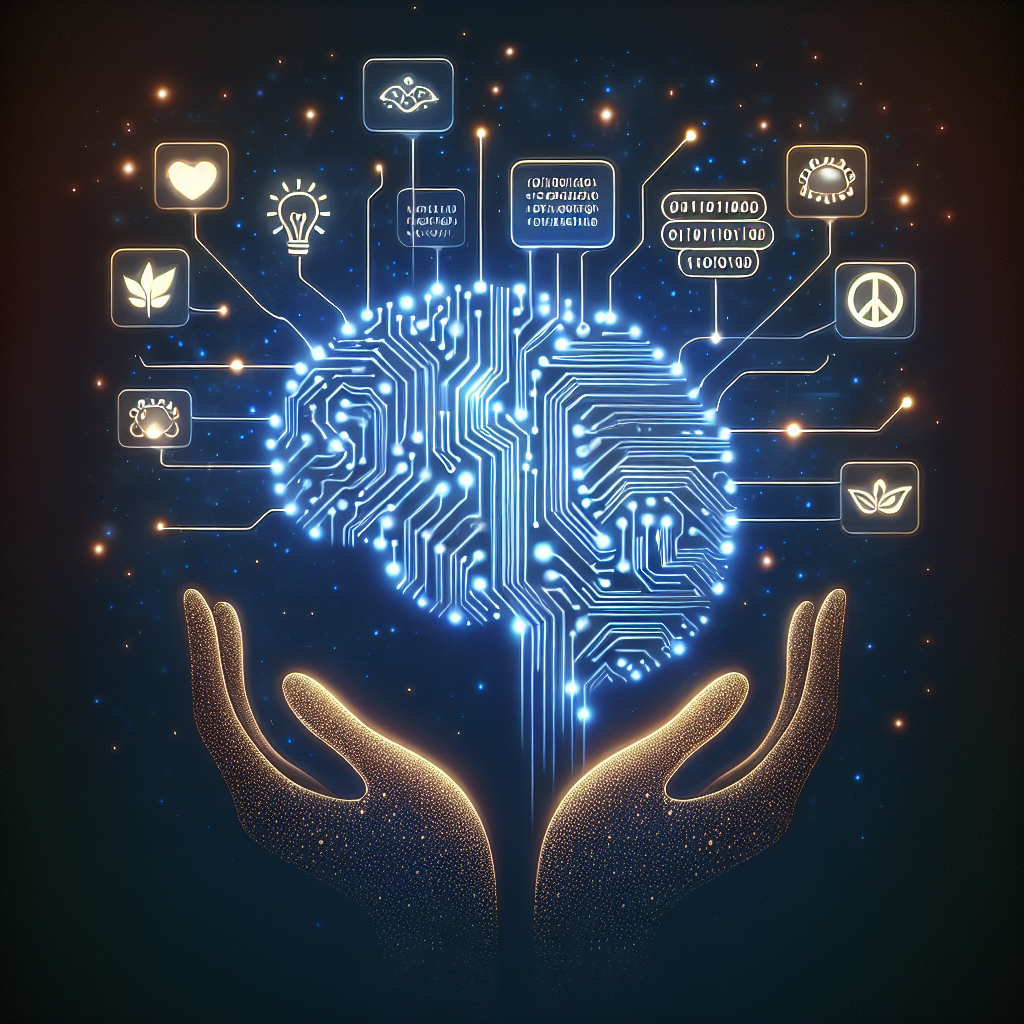As technology continues to advance, the field of mental health is benefiting from the integration of artificial intelligence (AI) to provide better access to support and services. AI has the potential to revolutionize the mental health care industry by offering personalized and efficient solutions for those in need.
The Role of AI in Mental Health Support
AI technology can assist in various areas of mental health support, including assessment, diagnosis, treatment, and monitoring. By analyzing large amounts of data, AI algorithms can identify patterns and trends that may help predict and prevent mental health issues. This can lead to earlier intervention and more effective treatment options for individuals.
One of the key benefits of using AI in mental health support is the ability to provide personalized care. AI-powered systems can tailor interventions based on an individual’s unique needs and preferences, leading to more targeted and effective treatment plans. This level of customization can result in better outcomes and improved patient satisfaction.
Challenges and Opportunities
While AI holds great promise for improving access to mental health support, there are also challenges that must be addressed. Privacy concerns, ethical considerations, and the need for ongoing monitoring and evaluation are important factors to consider when implementing AI systems in mental health care.
Despite these challenges, the opportunities for harnessing the power of AI in mental health support are vast. AI can help bridge the gap between demand for mental health services and the availability of qualified professionals by providing scalable and cost-effective solutions. This can make mental health care more accessible to a wider range of individuals, regardless of their location or socioeconomic status.
Conclusion
AI has the potential to revolutionize the field of mental health by offering personalized, efficient, and accessible support and services. By leveraging the power of AI technology, we can improve access to mental health care and provide better outcomes for individuals in need. It is important to continue exploring the possibilities of AI in mental health support while also addressing the challenges and ethical considerations associated with its implementation.
FAQs
What is AI?
AI, or artificial intelligence, is the simulation of human intelligence processes by machines, especially computer systems. It encompasses a range of technologies that enable machines to perform tasks that typically require human intelligence, such as learning, problem-solving, and decision-making.
How is AI used in mental health support?
AI is used in mental health support for tasks such as assessment, diagnosis, treatment planning, and monitoring. By analyzing data and identifying patterns, AI algorithms can help predict and prevent mental health issues, as well as provide personalized care and treatment options for individuals.
What are some challenges of using AI in mental health care?
Some challenges of using AI in mental health care include privacy concerns, ethical considerations, and the need for ongoing monitoring and evaluation. It is important to address these challenges to ensure that AI systems in mental health care are effective, safe, and respectful of individuals’ rights and autonomy.
